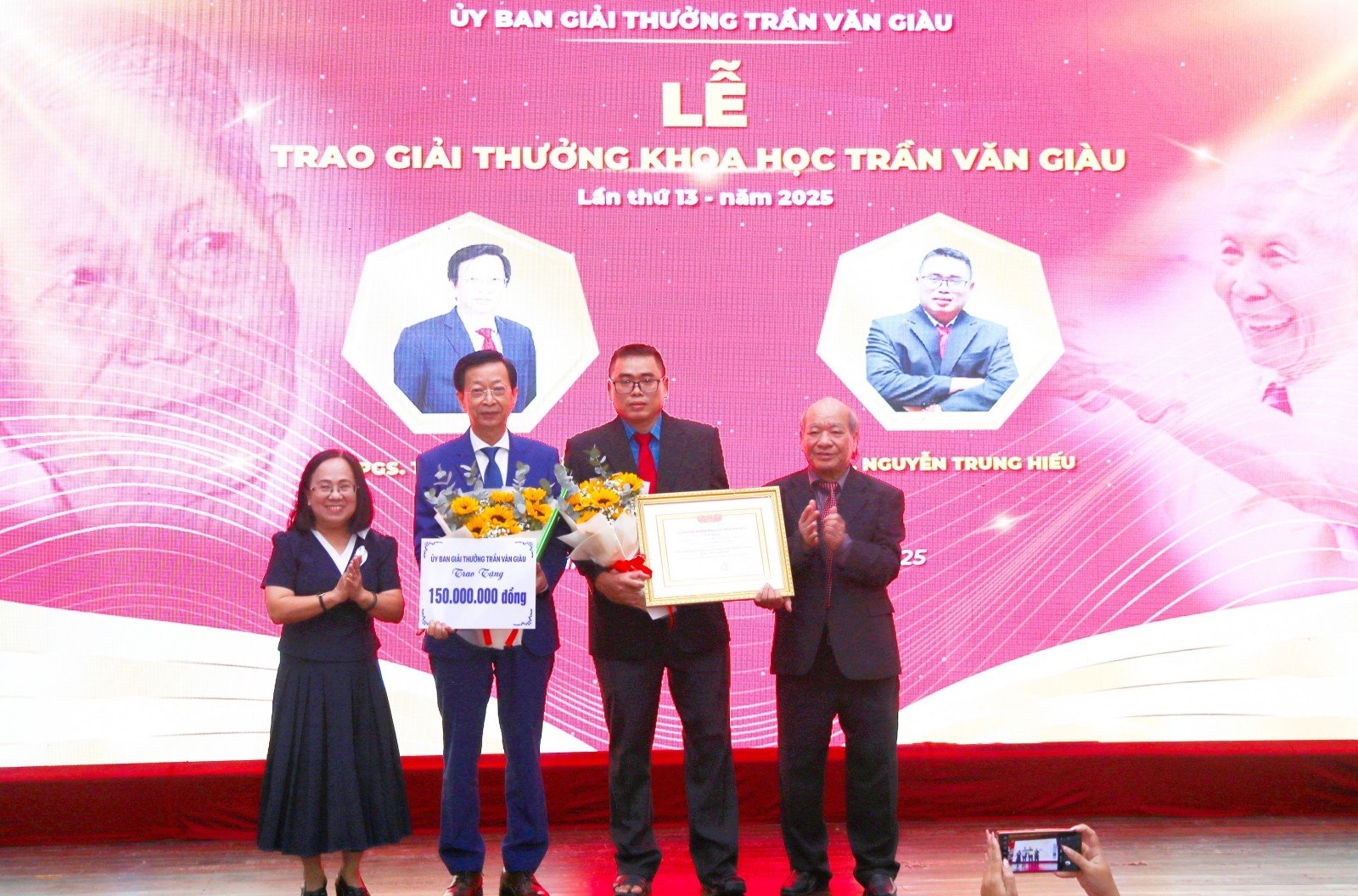
Associate Professor, Dr. Vo Van Thang (second from left) and Dr. Nguyen Trung Hieu received the Tran Van Giau Science Award in the field of history of ideas. Photo: ANH THU
Every scientific work needs a fire of knowledge to research. For the two authors, that fire comes from their love for their homeland An Giang and the Southern region. They realize that Buu Son Ky Huong and Tu An Dao Phat are not only religious matters but also a cultural “specialty”, a fertile research land that has not been deeply exploited. It can be said that this is not only an award for a book but also a tribute to the spirit of dedication to science and local culture.
The Tran Van Giau Science Award is a prestigious award in the South of Vietnam. To “conceive” this 673-page book, the group of authors had to go through a journey of more than 2 years, close to the believers. Mr. Nguyen Trung Hieu recounted that they had to go on field trips no less than 100 times, from attending late-night worship ceremonies to getting to know and building trust with the gentle but reserved people. There were times when, because of trying to attend the ceremony, they almost got lost, but those hardships proved the spirit of determination not to miss any historical detail.
“During the research process, we realized that the Buu Son Ky Huong and Tu An Buddhism religions are a “specialty”, a new research direction with many areas to exploit. Therefore, my colleagues and I have devoted a lot of effort to research and had to go through many difficulties to complete the project. Above all, the Mekong Delta is where many endogenous religions exist, with the process of cultural exchange and assimilation in the region and the world being very easy as it is today, new religions have emerged, affecting security and social order. In that context, the research on Buu Son Ky Huong and Tu An Buddhism contributes significantly to protecting religious values, clarifying the line between orthodox and unorthodox”, Mr. Vo Van Thang emphasized.
Thanks to that spirit of dedication, the group of authors has made extremely valuable discoveries. For the first time, the scientific community has been able to conduct in-depth research on Tu An Buddhism - a religion that is almost unknown to many people, founded in 1947 and has about 4,000 followers, concentrated in Luong An Tra commune (old), now Vinh Gia commune.
Mr. Nguyen Trung Hieu shared: “During the field trip, we tried to attend all the worshiping ceremonies, visit pagodas and hermitages, and conduct in-depth interviews with elderly and knowledgeable believers. The biggest initial difficulty was approaching and building trust. Many believers did not provide complete information and were even hesitant. However, with passion and perseverance, we overcame this barrier to collect data.”
The work has created a breakthrough by providing a systematic and in-depth view of the Buu Son Ky Huong religion through many stages and at the same time providing new knowledge about the Four Graces of Buddhism. It can be said that the work has filled the gaps that many previous scholars have left open, providing a complete view of the Southern religious culture. This is a unique "product" that bears the strong identity of the Western people.
The strength of the work lies in the method of continuous comparison between Buu Son Ky Huong (original religion) and Tu An Dao Phat (inherited religion), thereby explaining many problems that previous researchers were still stuck on. In particular, the group of authors deciphered the true meaning of Tran Dieu (red cloth used in worship) - a common symbol of many Buddhist families in the South. Old explanations often said that Tran Dieu only had literary meaning (Nhieu dieu covered the mirror stand...) or was related to the resistance movement. However, through dialogue with believers who understood the religion and researched Buddhist scriptures, the group concluded: Tran Dieu is a symbol of Amitabha Buddha and Pure Land practice.
The Tran Van Giau Science Award is a great recognition of the dedication and efforts of Mr. Vo Van Thang and Mr. Nguyen Trung Hieu. “Our greatest wish is not only for the award but also for the hope that the project will contribute to preserving and promoting the value of indigenous religions, preserving the beautiful cultural features of the people and the Southwest region for today and tomorrow,” Mr. Vo Van Thang expressed.
PHUONG LAN
Source: https://baoangiang.com.vn/nghien-cuu-ton-giao-noi-sinh-tu-tinh-yeu-que-huong-a465172.html



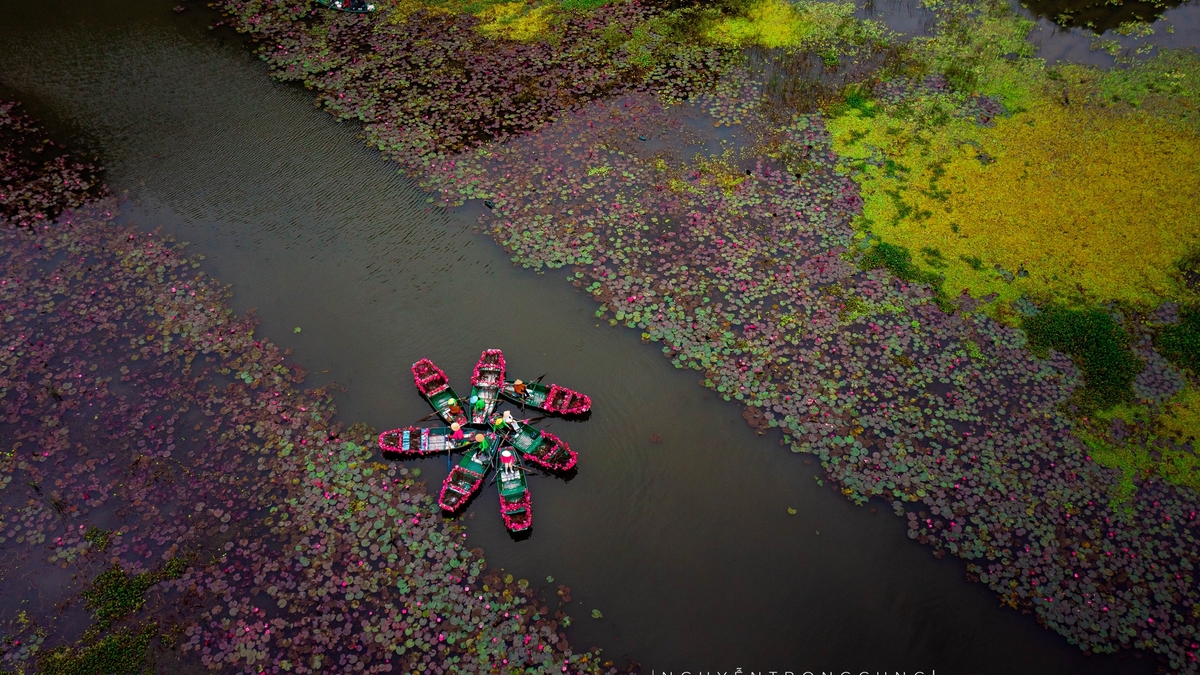

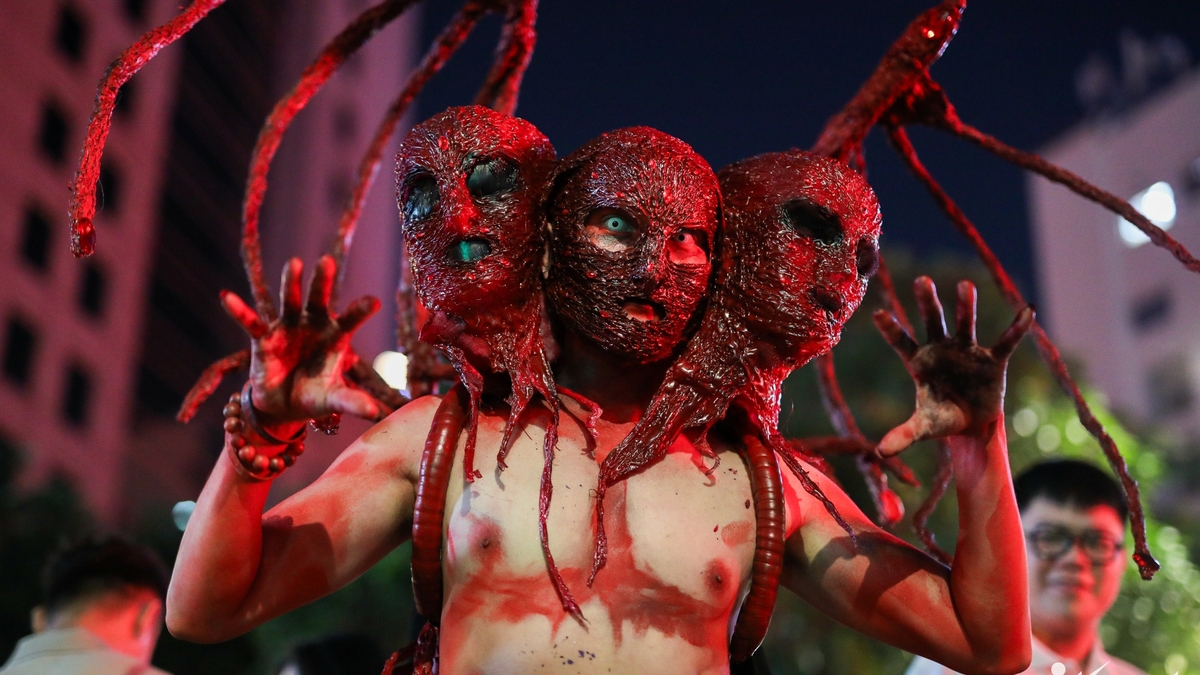


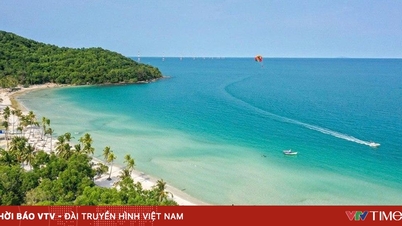

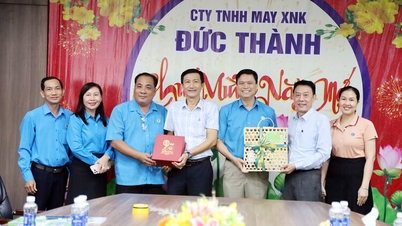
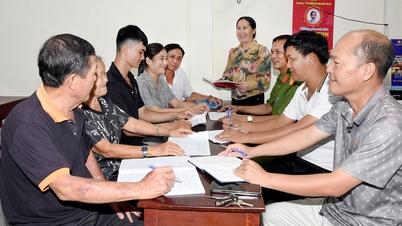
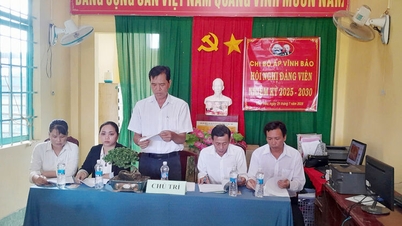
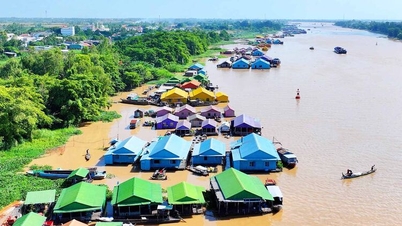
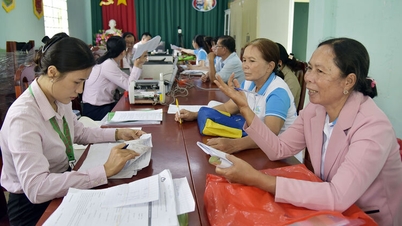
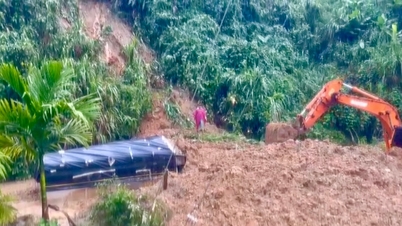

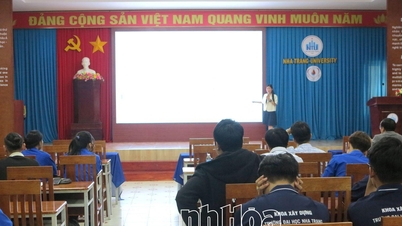



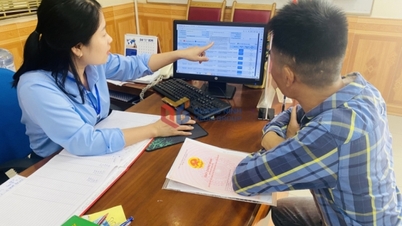









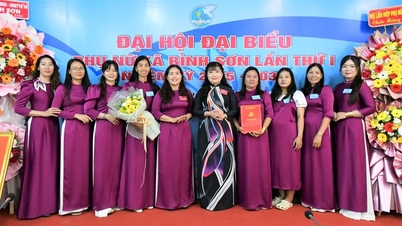
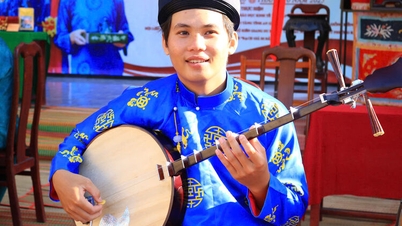
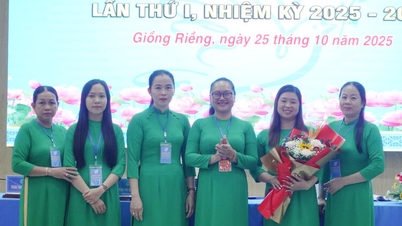









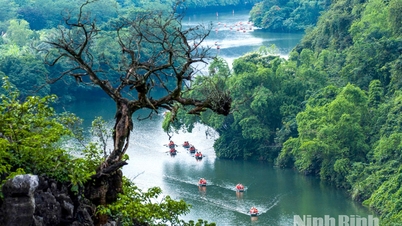



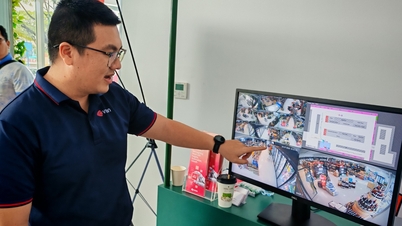










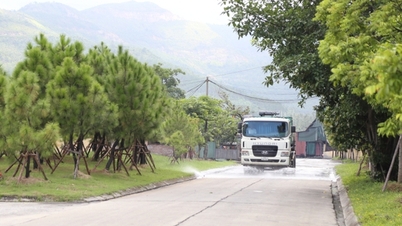

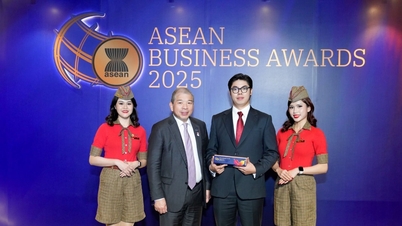

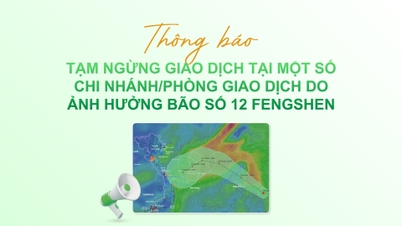

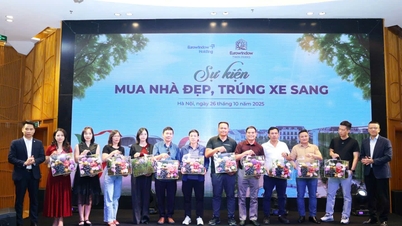
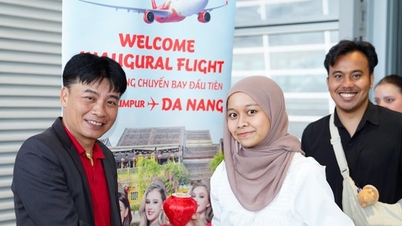







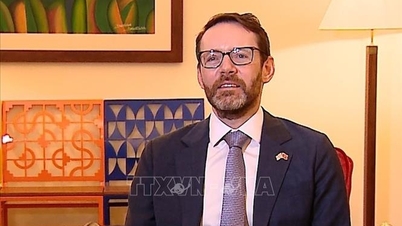

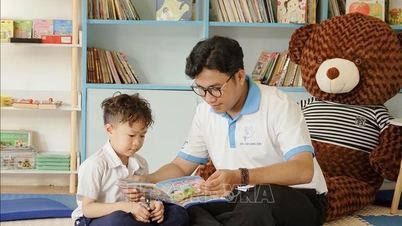
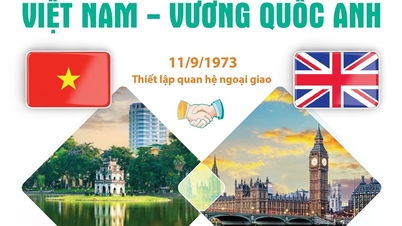

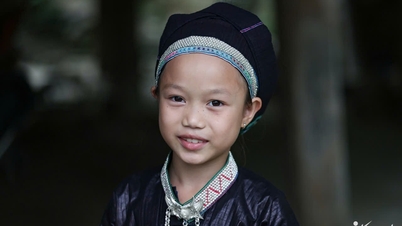
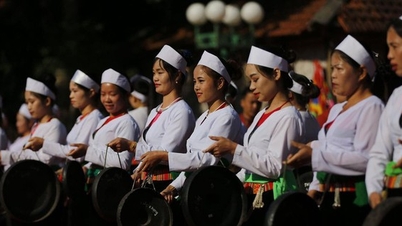

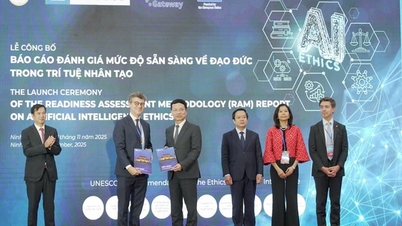


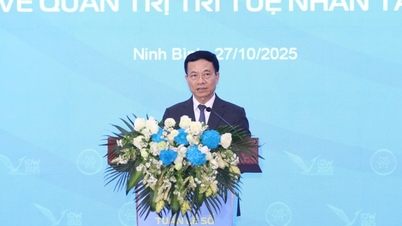

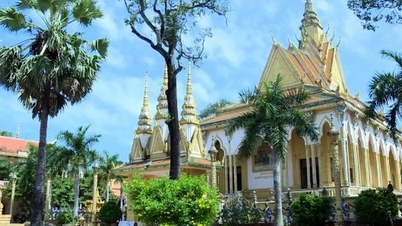
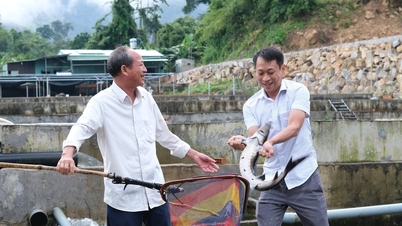
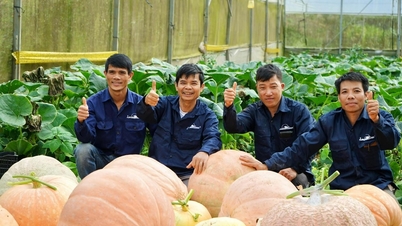
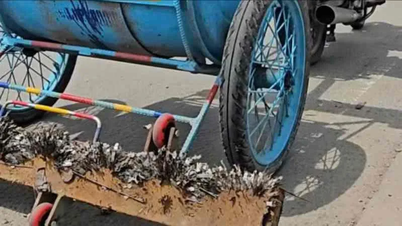



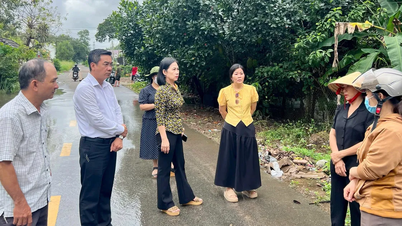














Comment (0)